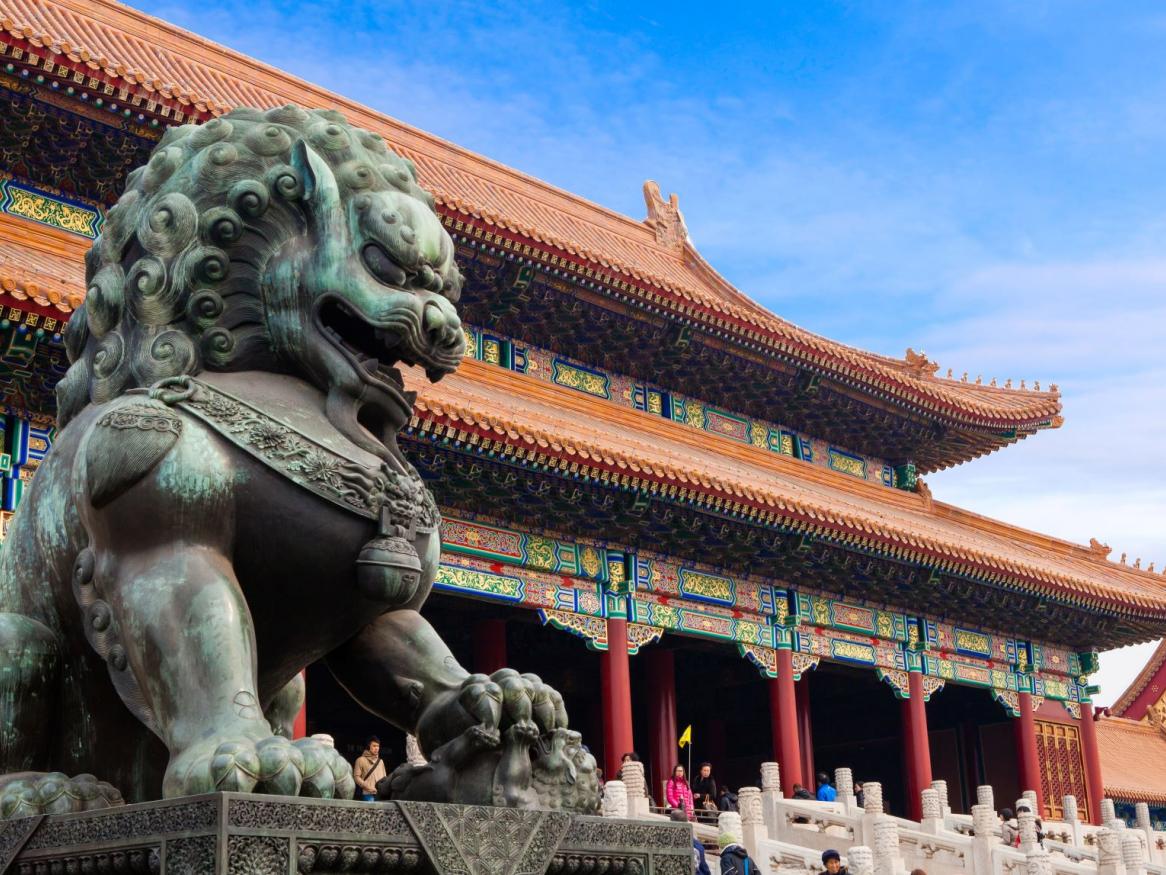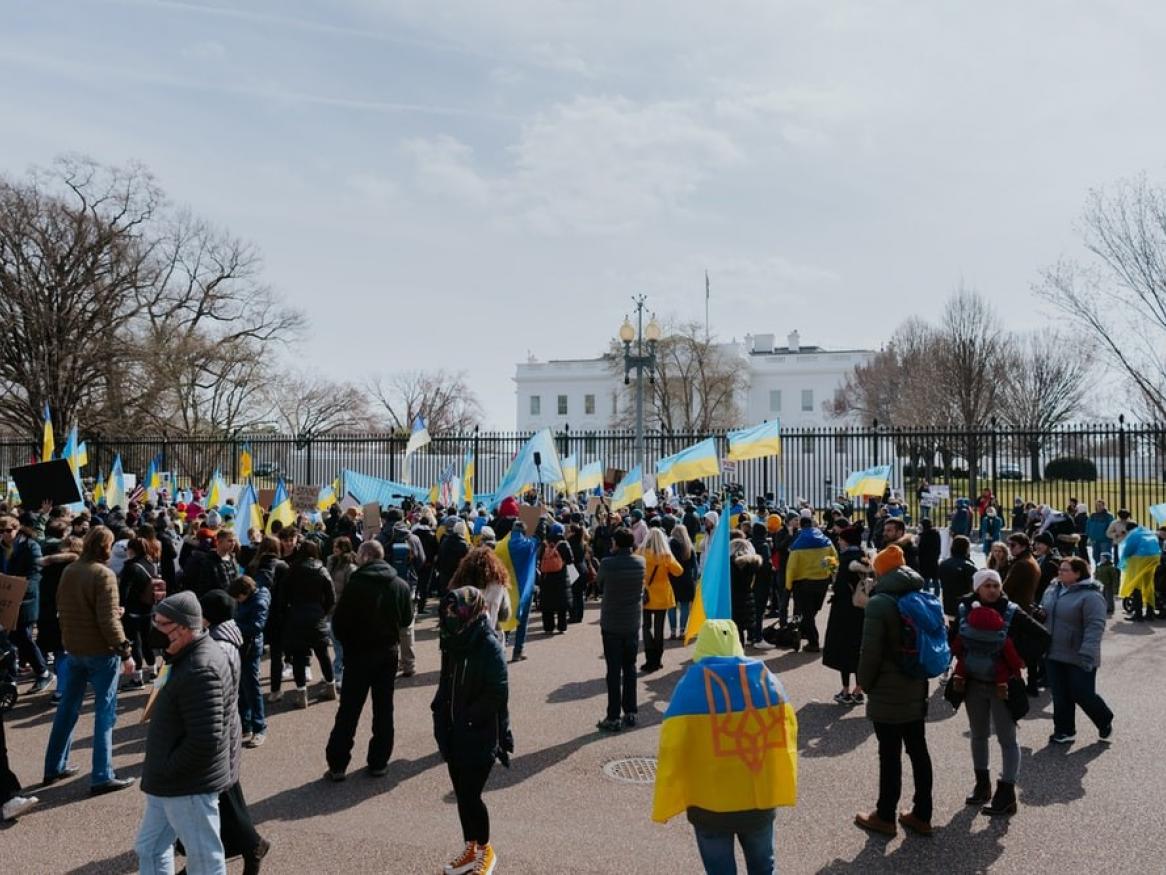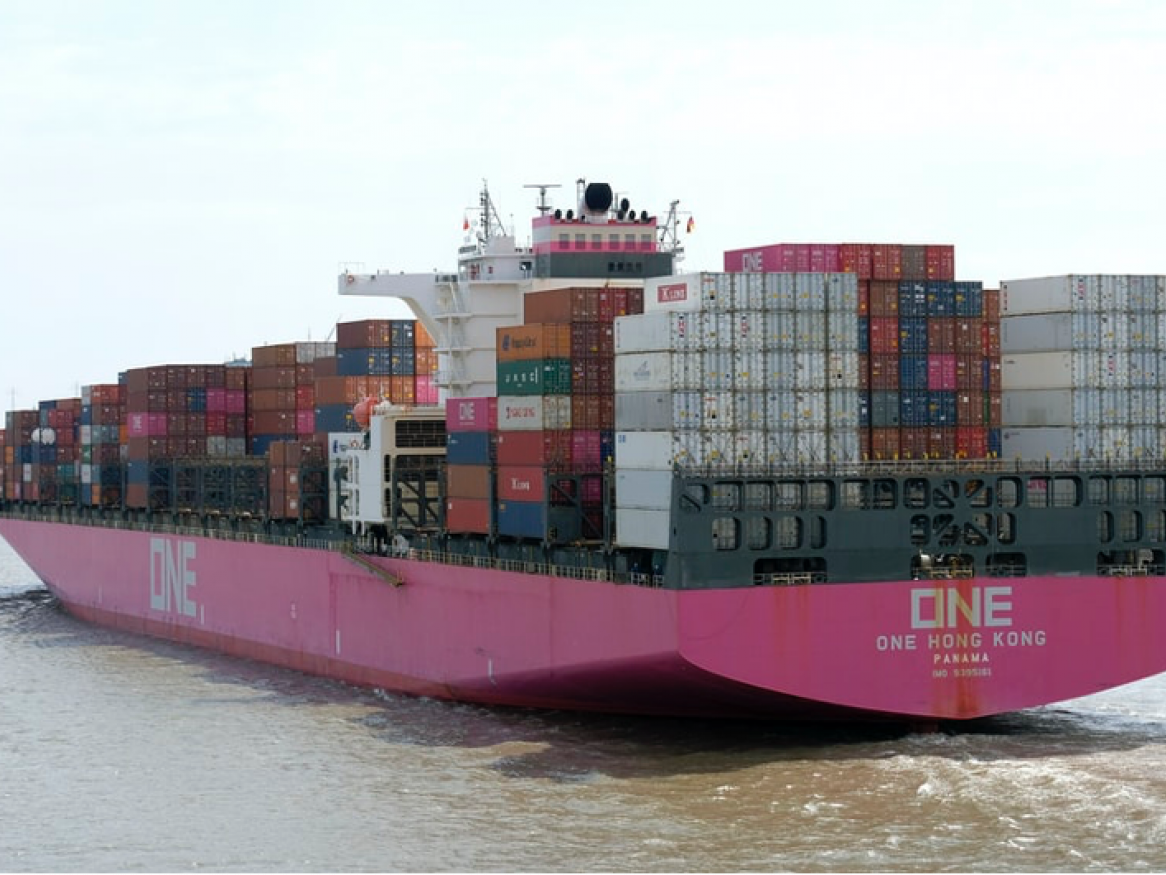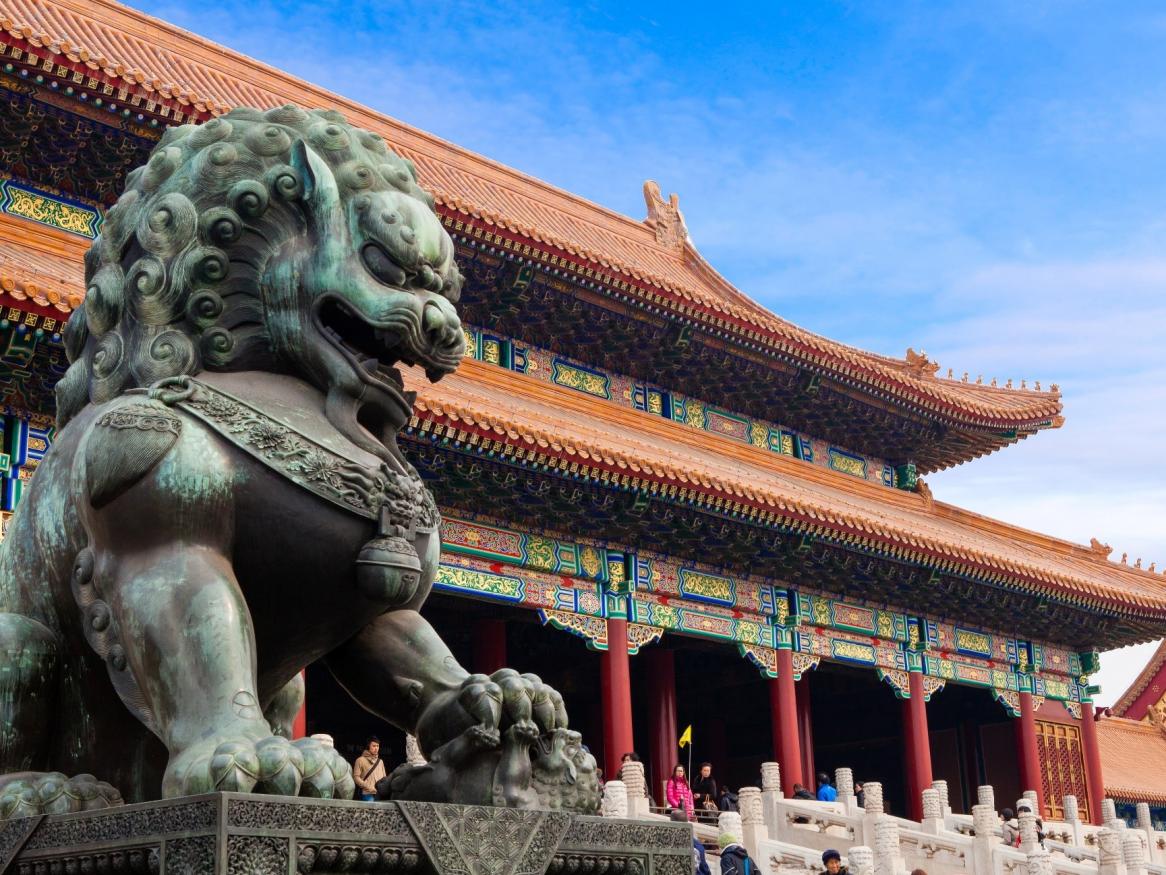News: Opinions
Australia and the European Union’s shared Indo-Pacific Future

Professor Peter Draper Executive Director, Institute for International Trade
Naoise McDonagh, Lecturer & Policy & Engagement Managing Editor
After recently holding hearings on the EU’s Indo-Pacific trade strategy, the EU Parliament’s Committee on International Trade (INTA) is visiting Australia this week. The EU Parliament has equal decision-making status on trade issues with the Council and Commission, so the significance of the visit for EU-Australia trade relations should not be underestimated.
[Read more about Australia and the European Union’s shared Indo-Pacific Future]
Green hydrogen offers a window to redefine the Africa-Australia and Africa-Australia-Europe partnerships

Conflict in Europe has fast-forwarded a global race for green hydrogen. Australia was already well-placed, having already begun pursuit of large-scale green hydrogen development projects domestically and overseas. With a focus on Africa this op-ed explores Australia’s international hydrogen-related green energy superpower potential.
Chigozie Nweke-Eze, University of Bonn. Dr. Lauren A. Johnston, Visiting Senior Lecturer University of Adelaide.
New Trade and Aid Paradigm Needed for China and Pacific Relations

Jim Redden, Trade and Development Expert, Institute for International Trade, University of Adelaide.
Australia’s regional economic diplomacy has lost its way in recent times in the Indo-Pacific region. The new Albanese-led Labor government recognizes that there needs to be a reset in its trade and aid paradigm in the Indo-Pacific, in order to restore strong relations with our Pacific neighbours, as well as thaw the diplomatic freeze with China on trade. This op-ed identifies four components that could serve as the foundation for this new paradigm.
[Read more about New Trade and Aid Paradigm Needed for China and Pacific Relations]
The G7-Summit delivered more than expected

Andreas Freytag, Professor and Chair of Economic Policy, Friedrich Schiller University and Peter Draper, Executive Director of the Institute for International Trade. Over 3 days at this year's G7 summit under the German presidency the heads of government of the United States (USA), Great Britain, France, Germany, Italy, Japan and Canada - met in a castle tucked away in the Bavarian Alps. They were joined by the President of the European Commission and, as guests, the heads of government of India, South Africa, Indonesia, Argentina and Senegal. President Zelensky was also present as a virtual guest. Their aim was to constructively address the major challenges facing the world today, not least the war in Ukraine.
[Read more about The G7-Summit delivered more than expected]
Services: The DNA of e-commerce

Lee Tuthill visiting Fellow, The University of Adelaide, Institute for International Trade. Lee worked at the WTO from 1990 to 2021, where she specialized in GATS, telecommunications/ICT, emerging technologies and digital trade. Just as DNA is the key that unlocks the development and functioning of an organism, a whole host of services contribute to the development of e-commerce and how it functions as an ecosystem.
India-Australia Free Trade Deal Offers Australia First Mover Advantage in the World’s Fastest Growing Economy

Natasha Jha Bhaskar, General Manager of Newland Global Group, a Sydney-based Australian corporate advisory firm specialising in the Australia-India space. AI ECTA is India’s first deal with a developed economy in a decade and only a second trade deal in a span of eleven years. It is indicative of how Australia’s bilateral relationship with India has grown in leaps and bounds recently, particularly since the elevation of ties to a Comprehensive Strategic Partnership (CSP) in 2020.
All told, Australian sanctions will have almost zero consequences for Russia

Naoise McDonagh, Lecturer in Political Economy at the Institute for International Trade
Will Australia’s sanctions hurt Russia? This article outlines why #Australian sanctions are symbolic only, by discussing the conditions under which sanctions can be effective and explaining why such conditions do not exist in the Australia-Russia economic relationship. Other countries, such as the US, UK and EU, who do have conditions for effective sanctioning power against Russia, must make complex calculations to maximise deterrent power while minimizing as far as possible costs for them.
[Read more about All told, Australian sanctions will have almost zero consequences for Russia]
The EU’s ‘Chips Act’: A Rent-Seekers Paradise or a Feasible Industrial Policy?

Andreas Freytag, Professor and Chair of Economic Policy, Friedrich Schiller University, Jena and Visiting Professor with IIT.
Microchip shortages are high on the agenda of governments and businesses feeling the pinch of ongoing supply shortages. Not least for this reason, there is a broad political consensus in Europe that strong support is needed for the European chip industry in order to be independent of Asian manufacturers in the future.
[Read more about The EU’s ‘Chips Act’: A Rent-Seekers Paradise or a Feasible Industrial Policy?]
Foreign Minister Wang Yi Makes a 9th ‘first trip of the year’ to Africa

Dr Lauren A. Johnston is Visiting Senior Lecturer, Adelaide University Institute of International Trade and Founding Director, New South Economics. China continues to prioritize its relations with Africa. As a result, China’s Foreign Minister, Wang Yi, has continued with a longstanding Chinese tradition of making an African country the first foreign visit of the year. This op-ed provides analysis of which countries were visited, and why, as well as how the schedule fits with China’s development strategy in Africa.
[Read more about Foreign Minister Wang Yi Makes a 9th ‘first trip of the year’ to Africa]
Why Australia fails to understand the EU

Richard Pomfret, Jean Monnet Chair in the Economics of European Integration at the Institute for International Trade, 2017-2020. Professor of Economics Emeritus at the University of Adelaide. Australian political leaders have long held a simplistic and misleading understanding of the European Union, due to over-reliance on reports from London for coverage of EU affairs. This op-ed argues Canberra needs to develop a more diversified and modern understanding of the EU project, and its value to Australia.
The views expressed here are the author’s, and do not necessarily represent the views of the Institute for International Trade.
This work is licensed under Commons Attribution-NonCommercial-NoDerivatives 4.0 International License.
IIT is a global leader in researching, analysing and commenting on International Trade.
Stay informed about our up-and-coming seminars, events, publications, awards, new projects and collaborations, and other exciting news.
